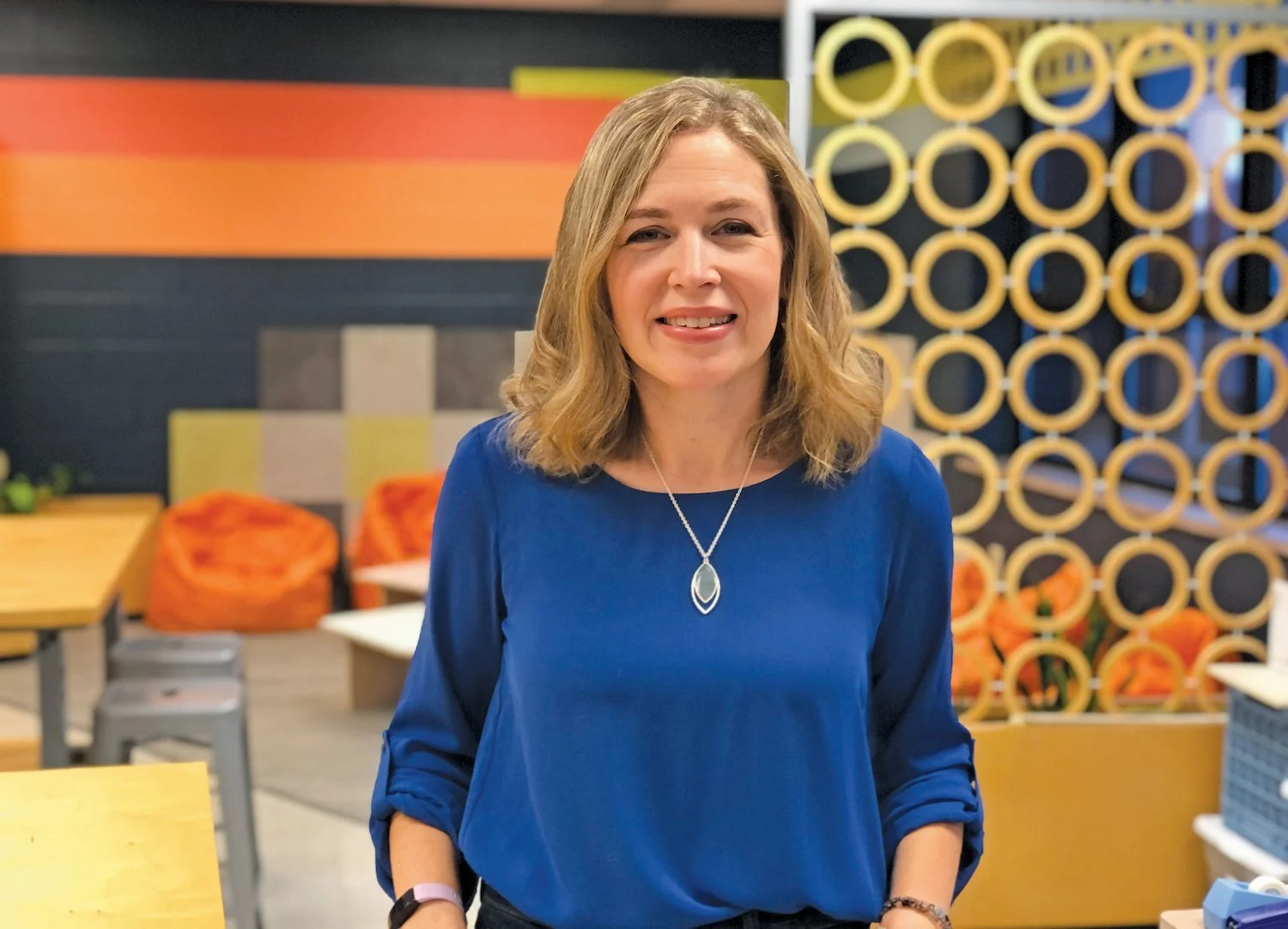Gender discrimination takes many forms—from pay equity to sexism in the workplace. Generationally, the layers of prejudice seem to reduce. “I was able to apply for credit cards when I graduated. I had no idea until recently that women couldn’t even get a credit card without a man signing for it until the ‘70s,” Karen Wivell explains.
Karen was Ryan Gerber’s advisor from the Procurement Technical Assistance Center (now Ohio APEX Accelerator). She was just promoted to Central Ohio Associate Director.
With regard to Karen’s promotion, she says the public sector has been a fairly even playing field for women. While corporations didn’t necessarily follow suit in the past, she sees attitudes starting to shift. “I’ve been in situations where just because you're the woman in the room, you’re expected to get everybody coffee,” she recalls from her days working in corporate America. “Back in the ‘80s, I was scheduling a meeting with a male business director when I was told, ‘I don't want to set it too early because I know you have to put on your makeup.’”
Not all women have the same experience in the private sector, though. “I guess I’m lucky,” Chandra Gilson, Project Manager and Accounting Assistant at RGI, says. “The past company I worked at was amazing. There were female leaders at every level, including regional managers and department heads. ”
That tenacity over the years has paid off for women leaders, who are now the CEOs of 10% of Fortune 500 companies. Gender equity clearly still has a way to go. A little over 20 years ago, that number was astonishingly lower—just four women in leadership roles at those same companies. It makes sense because, a couple decades prior to that statistic, many young women were almost exclusively encouraged to be executive secretaries or nurses, Karen recalls.
Now, parents like Tiffany Pfremmer, who we spoke with last year, are making sure their children pursue their passions.
“If a girl wants to be an auto mechanic, she's going to be one of probably 10 boys in the class,” Marnie Louis, Studio Coordinator at St. Joseph Parish School and Concept Developer at RGI, says. “We’re not quite there.” The imposed stereotypes and traditional gender roles still hang over the heads of students.
But that’s beginning to change. Marnie has seen young women stepping up to the plate, immersing themselves in projects sometimes more frequently than male-identifying students. “I’m trying to expose them to different ways of thinking about things, different ways to be creative that maybe they never really considered before,” she explains. Those critical thinking skills could be the difference between a female student pursuing their dreams and letting go of their passions because they don’t feel supported.
St. Joseph Parish School is a private school in an affluent area, so they do experience privilege. Attending school there and having access to St. Joseph Design & Build Studio opens up opportunities for young folks to excel. Other schools may not be able to support programs like the Studio. So when resources don’t align, Marnie recommends trying to incorporate project-based learning using recycled materials and encouraging students to experience the world around them through free museums.
“If we continue to expose students to creativity, it will get better—offering opportunities to women in disciplines that are typically male-dominated and vice versa, so men feel comfortable doing things that are labeled a feminine skill,” Marnie says.
Karen adds, “Thankfully the world has changed. If you've been given a skill set through nature or by God—however you believe—don't be afraid to use it. You've been given it for a reason and it's more of a shame not to use it.”
Women who have a talent for the trades are definitely not using those abilities as much, but when they do, they create truly spectacular experiences. “I have a friend who started a handywoman service. She was always good at fixing things and solving problems, and it was something she always wanted to do,” Marnie explains. “She’s a role model of mine.”
While RGI pushes for women in the fabrication shop, there continues to be a lack of women entering the trades. Numbers are rising little by little, with 4% of women as tradespeople versus 3% last year.
“My husband is in the trades as well, and there’s very few women,” Chandra recalls. Chandra says that women tend to be flaggers on the road. But on the other hand, women may not be given a fair shot to do the same work as a tradesman. Women go through apprenticeships just as men do, but sometimes, they don’t get the same level of encouragement.
“Having someone like Dave Marusa in your fabrication shop during your apprenticeship who is willing to give you the opportunity to try anything is great. But I'm sure that not everyone has that,” Rebecca Ferlotti, who handles RGI’s marketing, adds. “It’s important we're not making it worse for our women in the trades through trickle-down discrimination.”
As RGI continues to grow, “it definitely makes it more interesting here to have people with broader views and more diversity,” Marnie says. “So we’re happy to have new female team members here.” RGI now sits at 40% women between full-time and contract employees; and we’re hoping to increase that number significantly over the next five years.
Seeing more female-identifying workers striving for higher-level positions has a lasting effect. “I now feel I can set bigger goals, achieve those goals, and feel more comfortable doing so because of the role models I’ve had,” Chandra says. “It's a reminder that if you can do it, I can do it too.”




